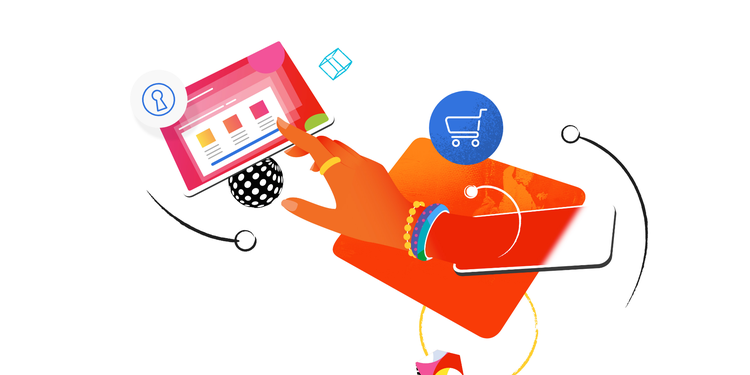
Establishing a business requires extensive effort and energy, so it's critical to protect it from outside threats like cyberattacks, natural disasters, or events which could disrupt its supply chain or damage its facilities.
There are various steps you can take to protect against external threats, such as restricting access to information, regularly backing up files and installing firewalls.
1. Invest in Cybersecurity
Companies of all sizes must invest in cybersecurity as cyberattacks become ever more sophisticated, potentially devastating any business regardless of size.
Employees are one of the biggest threats to a business's security. Too often they're too preoccupied with their jobs to give cybersecurity much thought beyond casual consideration, compromising security unknowingly or falling prey to scams. Investing in cybersecurity helps minimize these threats by eliminating margin for error and providing comprehensive awareness training for employees.
Cyber attacks don't just threaten e-commerce or banking companies - businesses of all types should take steps to safeguard themselves against phishing scams and ransomware attacks. By prioritizing cybersecurity measures, companies can show their dedication to safeguarding customer information while building brand trust.
2. Create a Procedure Manual
Once you've invested both time and money in building your business, the last thing you want is for someone or something to undo all your efforts. Unfortunately, that can happen if you're not careful.
An important first step to protecting your business from outside threats is creating a procedures manual. This can ensure your employees follow best practices and policies to lower the risk of malware attacks on their computers and other malicious software attacks.
Start by gathering together a team of employees to collaborate on creating the content of your procedure manual. Ideally, each department should have representation for this project. Scribe Pages makes adding new content or updating an existing document effortless and without alteration required from original document creator.
3. Train Your Employees
Building a business takes hard work, so it makes sense that you want to protect what you've accomplished. Unfortunately, however, businesses face numerous external threats that could interfere with their progress and cause disruptions.
Burglaries can be an enormous threat to small businesses. Therefore, it's crucial that employees receive proper training on recognizing suspicious activity and handling confidential data securely.
Your employees should also be made aware of their surroundings in order to avoid becoming distracted and leaving files lying around. Furthermore, it's a good idea to establish a system in which access can only be granted according to job role - this will prevent malicious acts occurring from within.
4. Secure Data Storage
Data storage security refers to a collection of physical and computational processes and technologies employed to protect stored information from unauthorised access or use, including physical protection of hardware where data resides and encryption.
Secure data storage also involves ensuring that information is both accurate and authentic, which can be achieved by implementing policies to stop data from being altered or deleted. In addition, regular backups should be performed so your information can be recovered in case of cyber attacks or disaster.
Encrypting data in transit is another effective method to protect your business against external threats, and will ensure that even if a hacker gains entry to your systems they won't be able to read your data.
5. Implement Firewalls
Firewalls are an essential element of any company's security strategy, monitoring packets entering and leaving your network for signs of cyber attacks.
Your HR system should also utilize web filters that block certain websites from being accessed by employees, to help ensure they only visit company-approved websites and avoid accessing anything shady such as illegal downloads during company time.
Firewalls can help to block ports used by hackers to scan for vulnerabilities and steal sensitive business data like product listings or customer credit card numbers from being stolen by thieves. Furthermore, firewalls prevent unauthorized users from entering your network and spreading malware throughout the network. There are various firewall types available; just choose one that best meets the needs of your business.
6. Install Surveillance Cameras
Safety for employees, customers and merchandise are of utmost importance for any business. Without such measures in place, the business could become vulnerable to theft or damage as well as legal claims from disgruntled employees who stage fake slip-and-fall incidents to sue for compensation.
Visible security cameras serve as an effective deterrent against criminal behavior, helping your business avoid costly breaches and losses. Furthermore, they provide independent evidence for review or investigations as well as helping reduce insurance premiums.
Installing security cameras at entrances and exits, parking areas and loading zones is one way to reduce vehicle break-ins and vandalism. For maximum effectiveness, ensure that your camera system provides clear coverage that leaves no blind spots; this will send the message that your business is secure.

Post a Comment